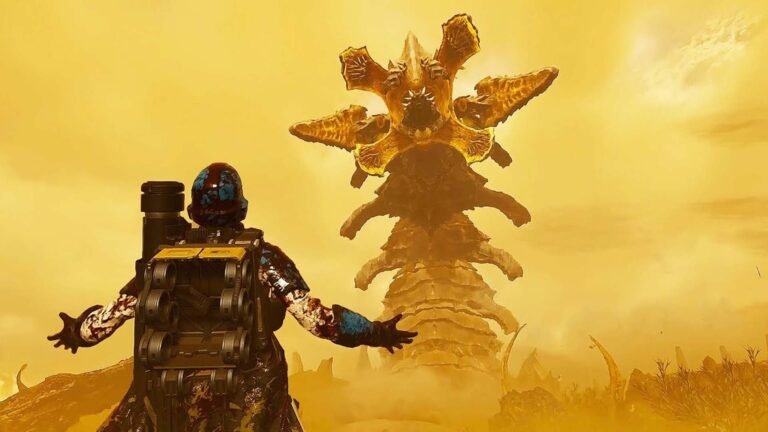
The CEO of the studio behind Helldivers 2, the wildly successful third-person shooter that recently came to Xbox, weighed in on the video game industry’s increasing use of AI and how he believes it “actually makes gaming better.”
As reported by GamesRadar, Arrowhead Game Studios CEO Shams Jorjani was on an episode of The Game Business Show when the conversation shifted to the use of AI in game development. The host, Christopher Dring, brought up the “industry moment” around Arc Raiders, the recently released extraction shooter that’s been a breakout hit for developer Embark Studios, and the center of a conversation around using AI in game development.
For Jorjani, opinions on the controversial topic are too black and white. “Maybe, could it be, that reality is somewhere in the middle? Could it be?” he asked. He believes that, rather than developers using AI to “remove the stuff we don’t want to do,” people jump to “let’s never actually use AI, all AI is bad AI.”
“We don’t put any AI in the games,” Jorjani says. “But if it can allow me to do my receipts faster, that’s more Helldivers for everyone.”
It was recently revealed that Embark hired voice actors for Arc Raiders, then used AI to flesh out in-game voice lines rather than having “someone come in every time we create a new line for the game,” according to an interview with PCGamesN. This sparked a heated debate about the use of AI in game development and even negatively affected Eurogamer’s review of the game (which awarded it two out of five stars).
“I find that people jump to extreme takes,” Jorjani says of the response to Arc Raiders’ AI use. “I think it’s a very interesting use case that actually makes gaming better.”
The AI game development controversy continues
But as Dring brings up during the interview, Square Enix recently revealed it wants to eventually have 70 percent of its quality assurance work done by AI. QA work often serves as an entry-level role in game development, and this could be a huge hit to the industry’s workforce, which is one of the main points of contention people have with implementing AI.
Junghun Lee, the CEO of Nexton Co. Ltd (which published Arc Raiders), said in a November 12 interview with Japanese gaming site Gamespark that “it’s important to assume that every game company is now using AI.” But with the video game industry plagued with layoffs and studio closures, what does that mean for the future of its workforce?
The ideological split is only widening. Brendan Green, the creator of the wildly successful battle royale PUBG, told Eurogamer he was “really heartened to see the community revolt against AI stuff.” PUBG is published by South Korean company Krafton, which recently announced a massive “AI-first” mandate for the entire company while also announcing the option for employees to voluntarily resign if they felt they were not in line with its “direction of change.”
Elsewhere, Call of Duty: Black Ops 7 publisher Activision recently came under fire for using AI-generated content for some of its artwork. “Like so many around the world, we use a variety of digital tools, including AI tools, to empower and support our teams to create the best gaming experiences possible for our players. Our creative process continues to be led by the talented individuals in our studios,” Activision told Kotaku on November 14.
AI in game development seems to be here to stay, but just how it will be utilized going forward, and how developers, voice actors, and players will feel about it, remains to be seen.


